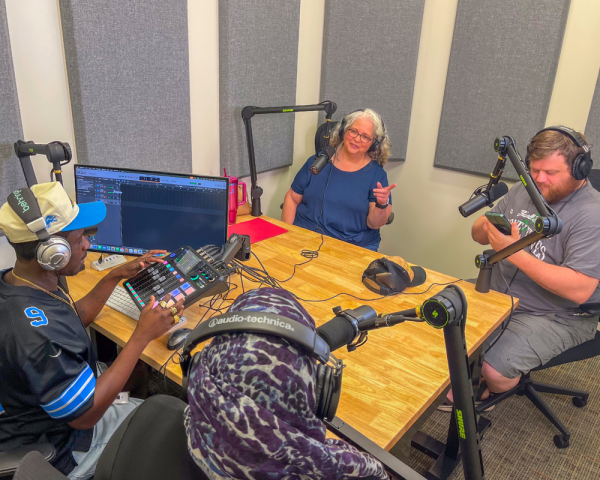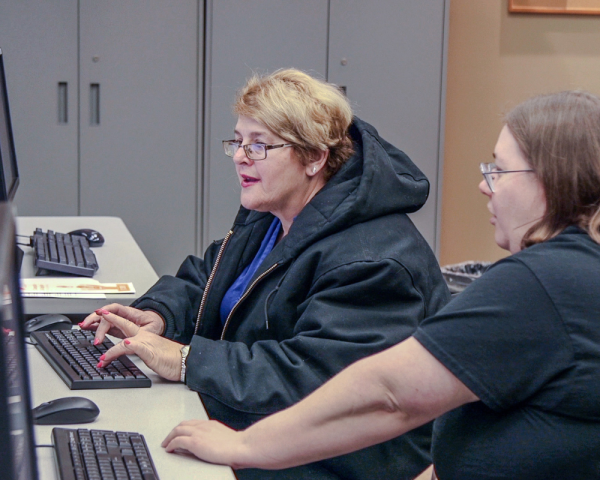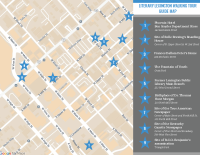

Website Search
Throughout June, join us as we celebrate Pride Month with programs, books, podcasts, and more.
This is your gateway to our most popular resources. Search for books and eBooks, access tools for research and learning, and discover our unique collection of genealogy and local history materials.
All databases are available from this page.
Eligible applicants can complete this form to apply for a digital library card.
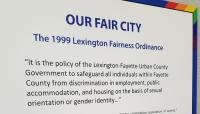

The Library's digitized collection includes some non-Fayette County directories for businesses, farms and residences.
Description coming soon.
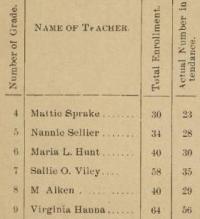
The city reports and ordinances for Lexington contain a wide variety of information about the people, infrastructure, and businesses.
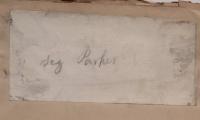
The Cyrus Parker Jones Funeral Notice collection contains 667 funeral cards of Lexington residents during the years of 1806-1886.
The Luna Library, a program of Believing in Forever, collects and distributes children's books with an African American history or Black character focus. It is an alternative for African American parents looking for books that provide context and knowledge to understand the stories of the African American experience in this country for their children. Believing in Forever is a champion of diversity and inclusion, and the positive impact books have on children of all races.
Join us for a walking tour of Lexington’s literary history!
Tour Length 1.05 miles
The music clips used in this tour are from “Walking Barefoot on Grass” by Kai Engel, and are used with a CCBY license. It is available here.
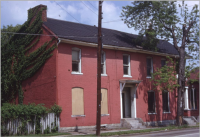
The Dunn Photograph Collection contains images of Lexington, KY taken in the 1960s and 1980s. Keller J.
The Daily Lexington Atlas ran from late 1847 through early 1849 and was Lexington’s first daily paper, and the first to publish information from the telegraph lines. It is described by William Perrin in his 1882 History of Fayette County Kentucky as a “red-hot Whig and fiery southern” publication. It contains some articles and editorials that are overtly racist, as the editors favored slavery, then emancipation only if the freed African Americans were immediately sent to Liberia. It covers the 1848 presidential election and the local election for Kentucky Governor. Perrin claims the paper had an extensive subscriber list, but had to “give up the ghost after several months disastrous experience” due to the expense of the paper.
The city report covers the outline of a citizen participation work plan and its connection with neighborhood groups, as well as the results of those meetings and community concerns that took place throughout 1969. It contains neighborhood maps, images of news articles, and and project methodology.
This is a handwritten series of lectures detailing Samuel D. McCullough's memories of his childhood and life in Lexington, Kentucky, accompanied by letters and a photograph of his house.


